Would you believe that being idle could make you more interesting? A recent study suggests that mental clutter stifles creativity while unburdening your mind encourages originality.
Researchers at an Israeli university looked at what happens when your mind is occupied with stray thoughts and nagging concerns. Subjects who were tasked with remembering 7 digits responded slowly, and gave boring conventional answers on a free association test. On the other hand, subjects assigned only 2 digits were quick to come up with innovative replies.
Learn how to liberate yourself from mental overload. Explore these tips for meditation and other intuitive experiences.
Reducing Mental Load Through Meditation
1. Face yourself.Some unconscious thoughts can be disturbing. Remember that bringing them to the surface is the first step in healing. Once you spot your baggage, you can develop more constructive habits.
2. Scan your body.Your body is an excellent guide to how to find your flow. Notice what conditions help you to lower your shoulders and unclench your jaw.
3. Focus on your breath.Simple breath work helps beginners and advanced practitioners to become more mindful. Notice the air as it enters your nostrils and travels through your body. Spend as much time exhaling as inhaling.
4. Develop clarity.Picture your mind as a pool of water. As the ripples settle, you can see under the surface. What’s going on when you put aside housework and utility bills? Connect with your aspirations and dreams.
5. Count your blessings. Engage with the present moment by noticing what you’re grateful for. Celebrate the taste of morning coffee and the sound of your children laughing.
6. Practice daily.Work your way up gradually and consistently. Even a few minutes of stillness can be beneficial.
Reducing Mental Load Through Other Activities
1. Write things down. Put your to do list onto paper so you can forget about it without worrying that you’ll miss your next dental appointment. Electronic versions are also fine if that’s more convenient.
2. Play games.Do you lose track of time when you’re planning your next move in Words with Friends? Taking a break from work can help you to return more refreshed.
3. Move around.Clear your mind with an afternoon run or visit to the gym. Physical exercise also burns calories and releases stress.
4. Use your hands. Repetitive movements can trigger breakthrough ideas as you tap into your unconscious. Knit a scarf or play piano. Chop vegetables for dinner or paint an accent wall in your bedroom.
5. Slow down.If running too many programs at a time makes your computer less
effective, think what excess multitasking does to your brain. Try to immerse yourself in a single task while you remember your purpose.
6. Appreciate nature.Nature is a powerful antidote to cognitive overload. Spend a moment enjoying bird songs and cool breezes.
7. Take a nap.If you can fall asleep easily during the day without disrupting the quality of your nightly slumbers, napping could be for you. Studies show that a brief sleep enhances memory formation. According to some research, people who nap also tend to live longer.
8. Turn off your phone.Some distractions are beyond your control, but you can opt out of being available around the clock for non-emergencies. Disconnect your devices for an hour each day. Give yourself quiet time to stimulate your creativity and think on a deeper level.
If pushing yourself to succeed is tiring you out, try thinking less. Allow your mind to become clear so your creativity and productivity can soar.

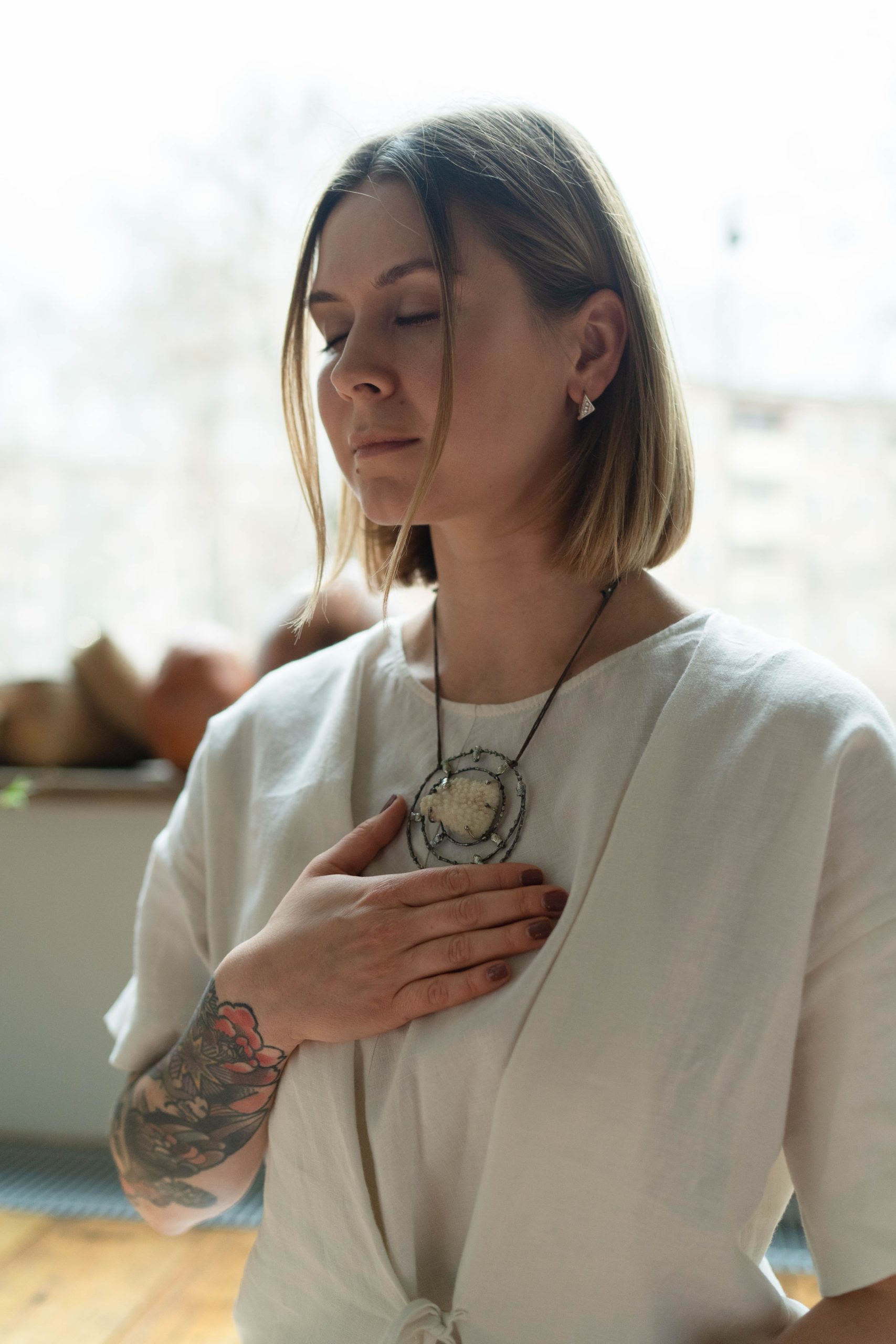
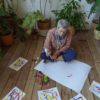

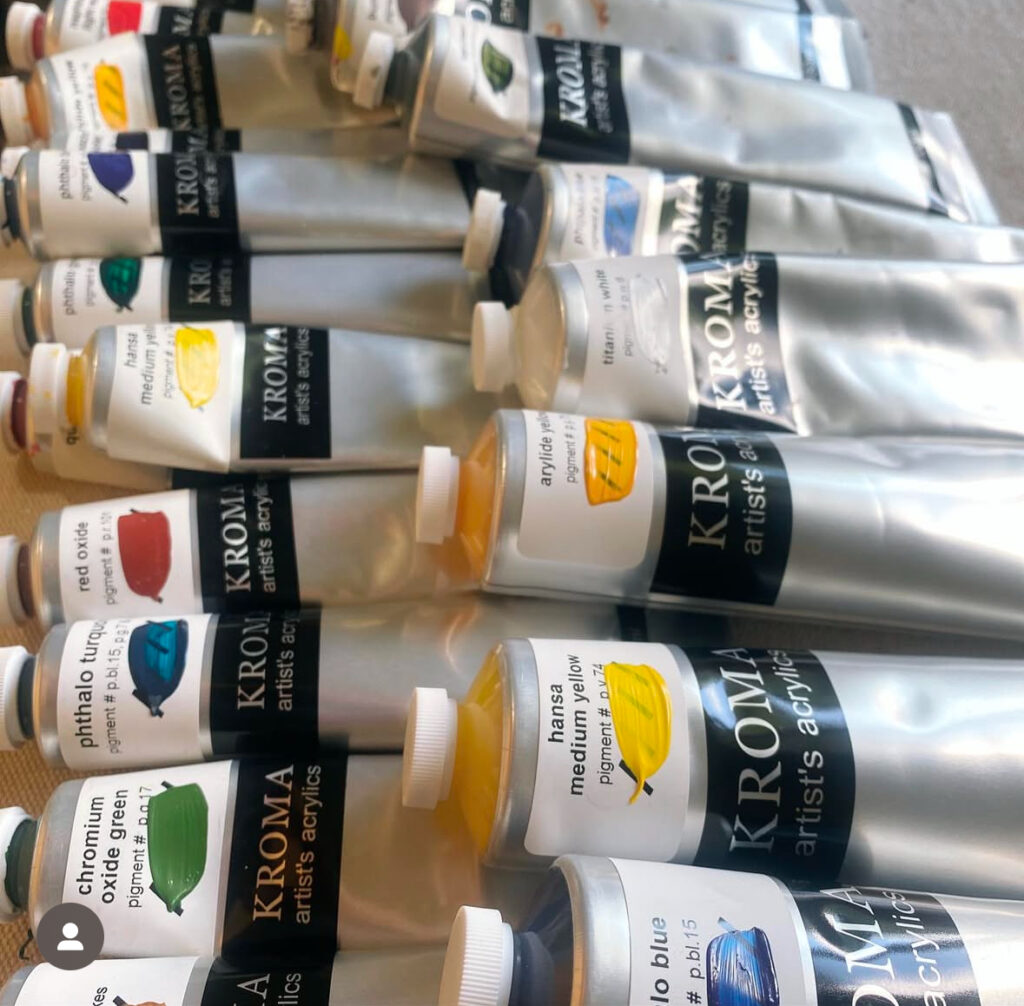
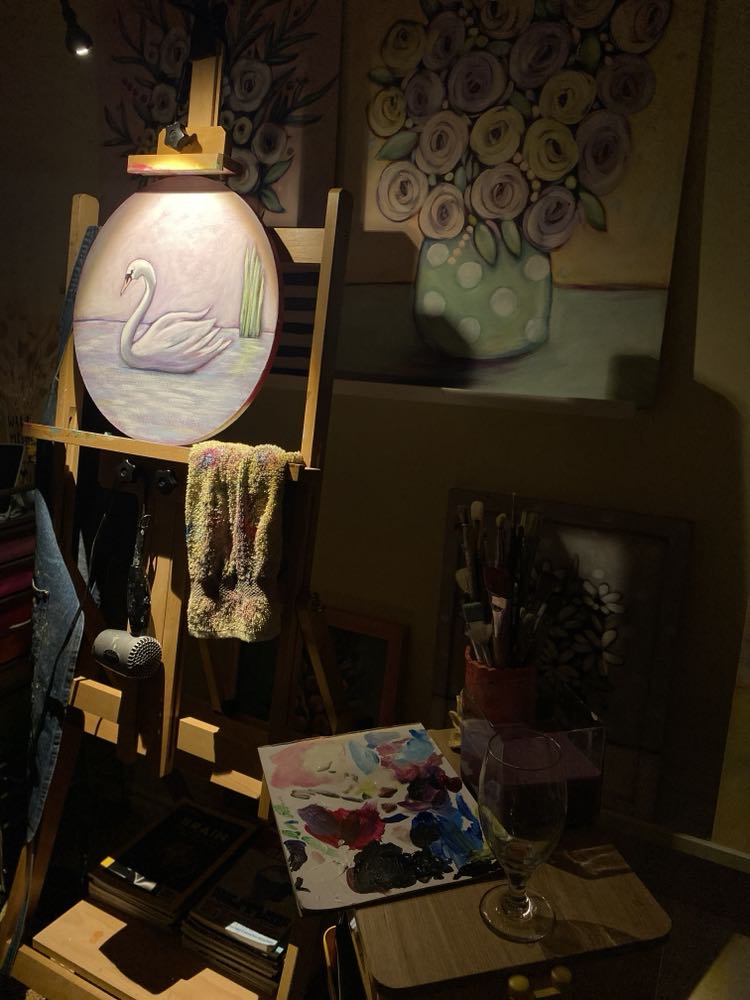
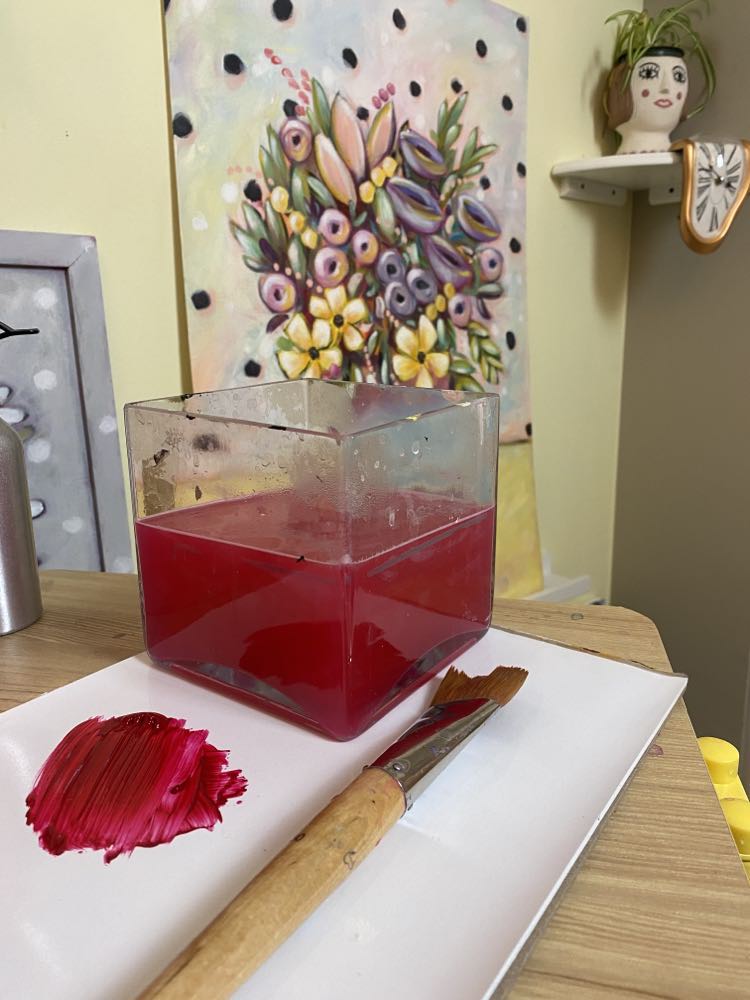
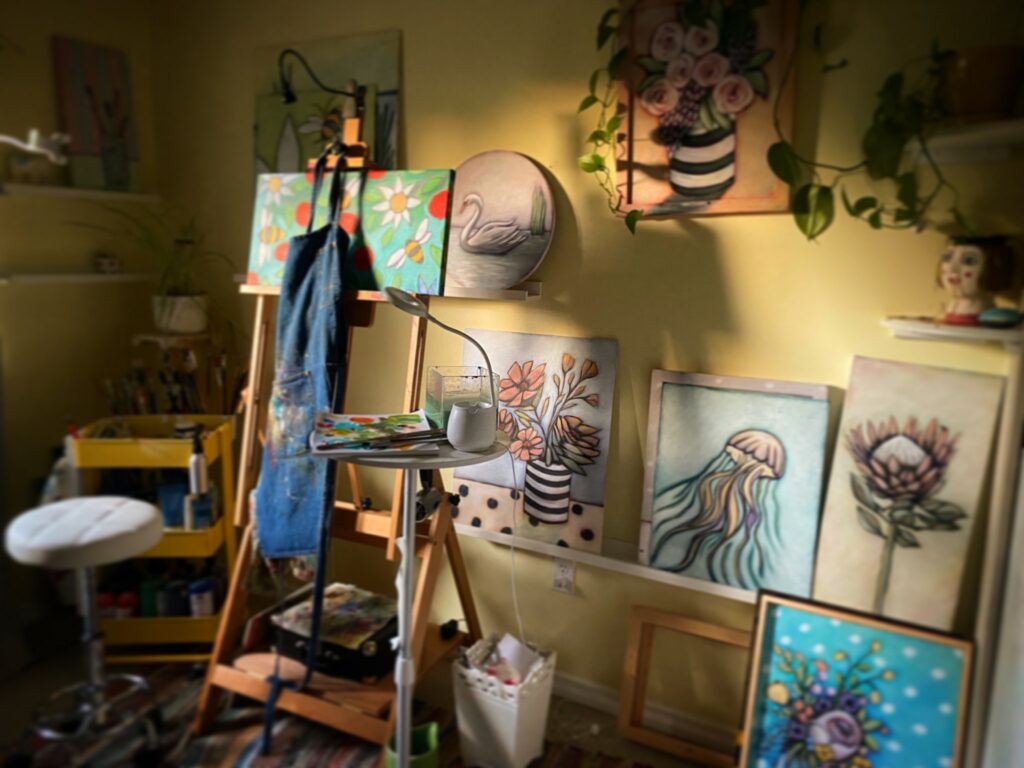
This hit home for me. I need to do almost every step there is! Thank you so very much for posting this important advise and explanation. I would love to share this with family and friends. Thank you
Most welcome. Yes please share! ~freda
This is a great read; thank you for sharing. Interestingly, I’ve been doing some of these things lately and I do find that I’m less scattered, and my painting and cooking and gardening have improved. Too much multitasking really does seem detrimental.
Thank you for becoming a therapeutic practitioner and sharing you knowledge with us! I will also share this with my children as I can see their need in a few of these. I do in myself as well! Proud to be a member of Zealous Arts with you , Freda. Thanks once again!
Thanks for your commitment to helping others in their creativity through art and your knowledge of the mind, body and soul as a whole. Glad I’m part of Zealous Art.